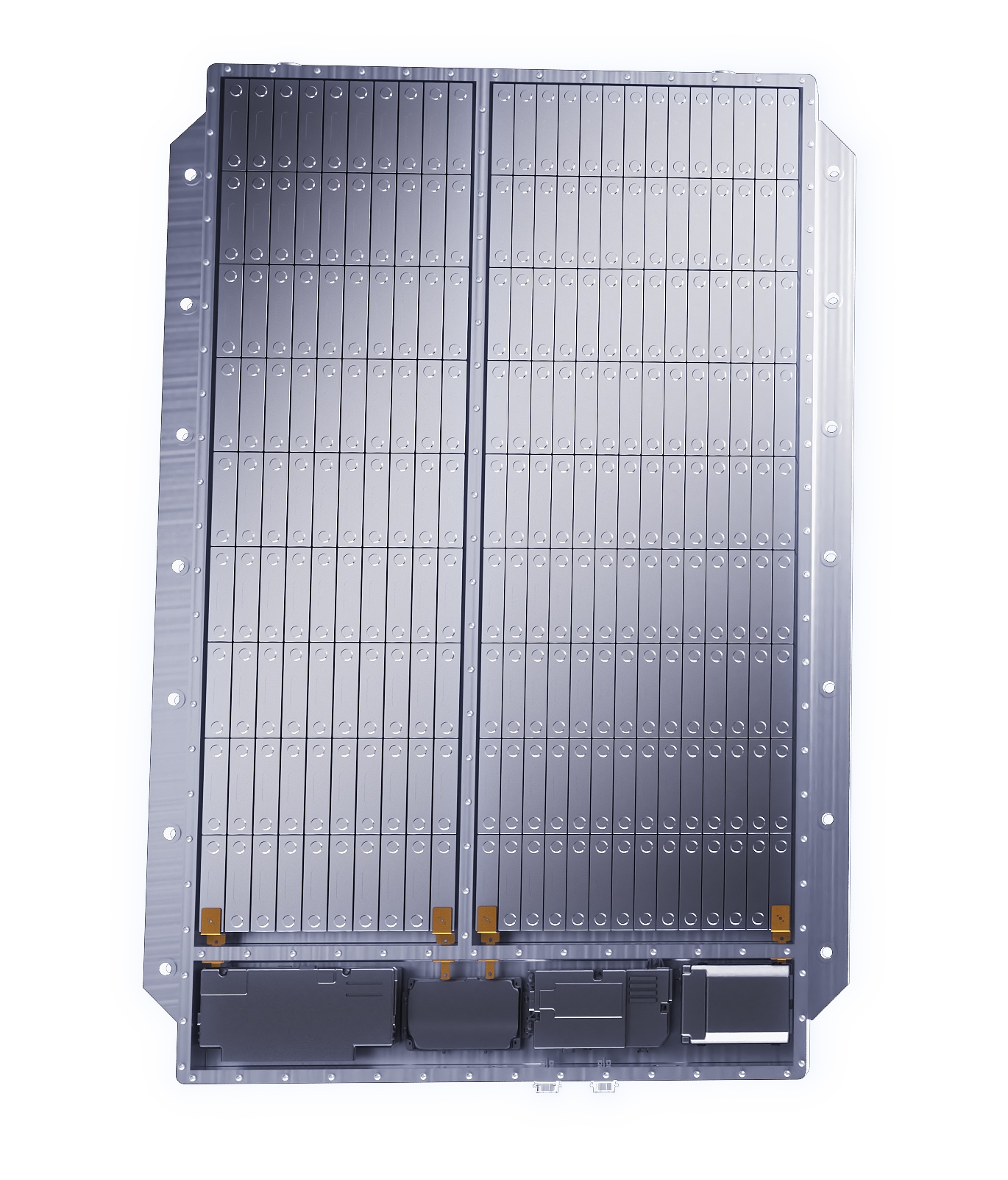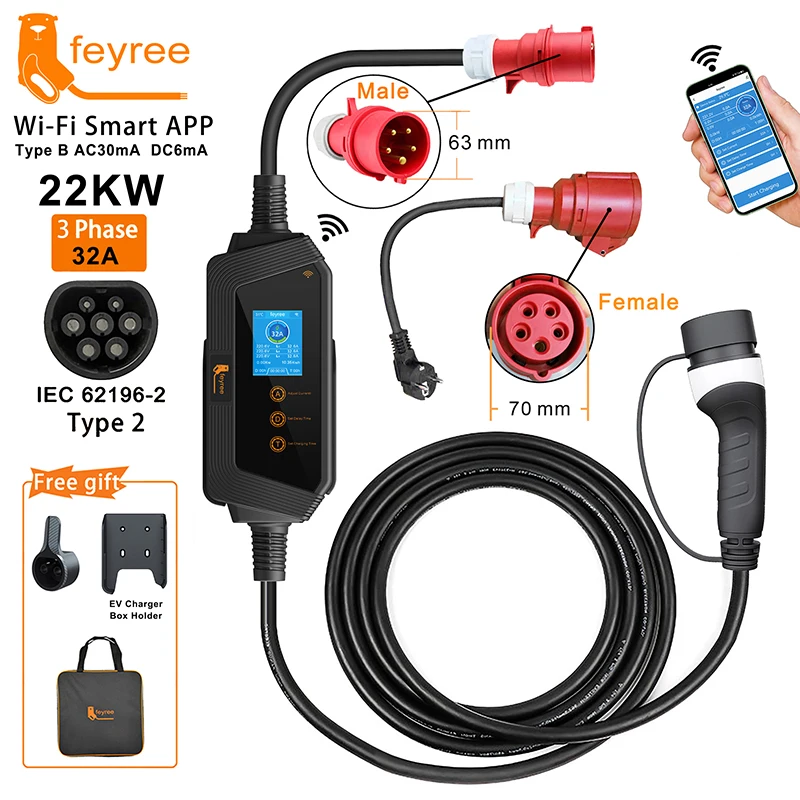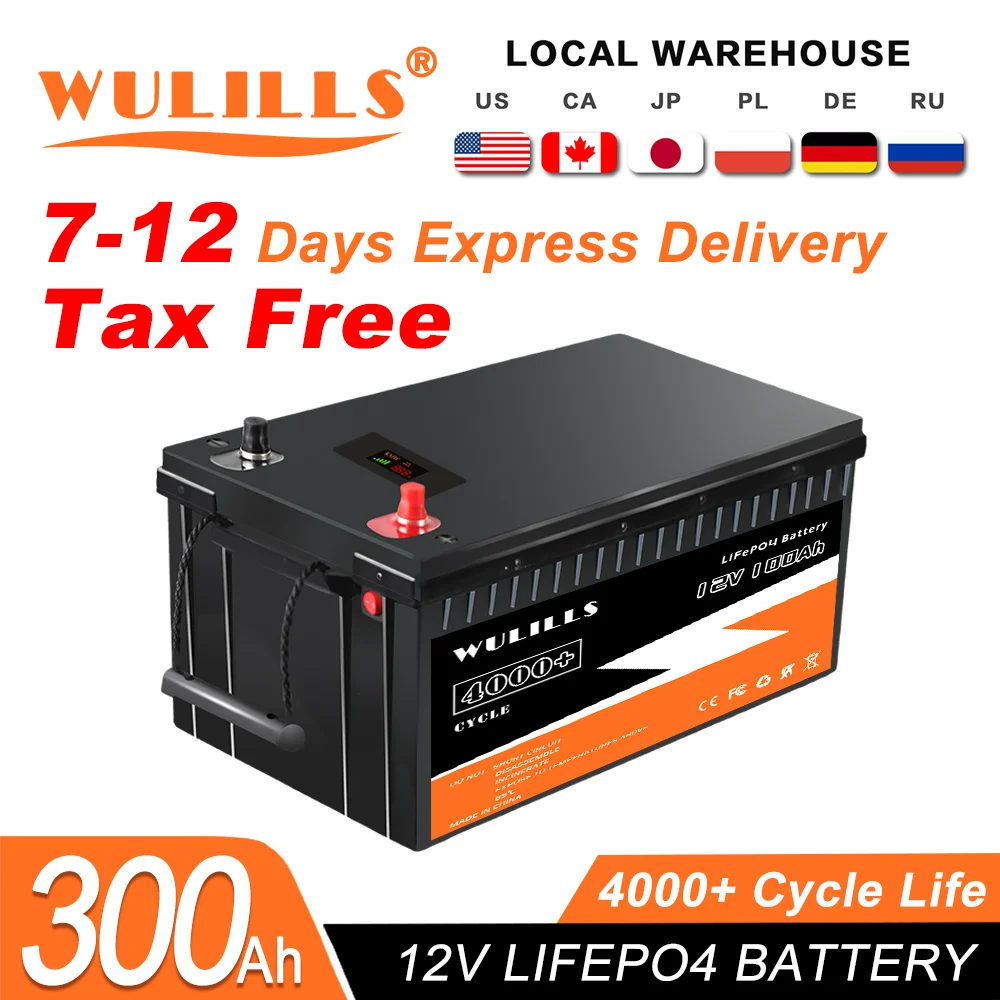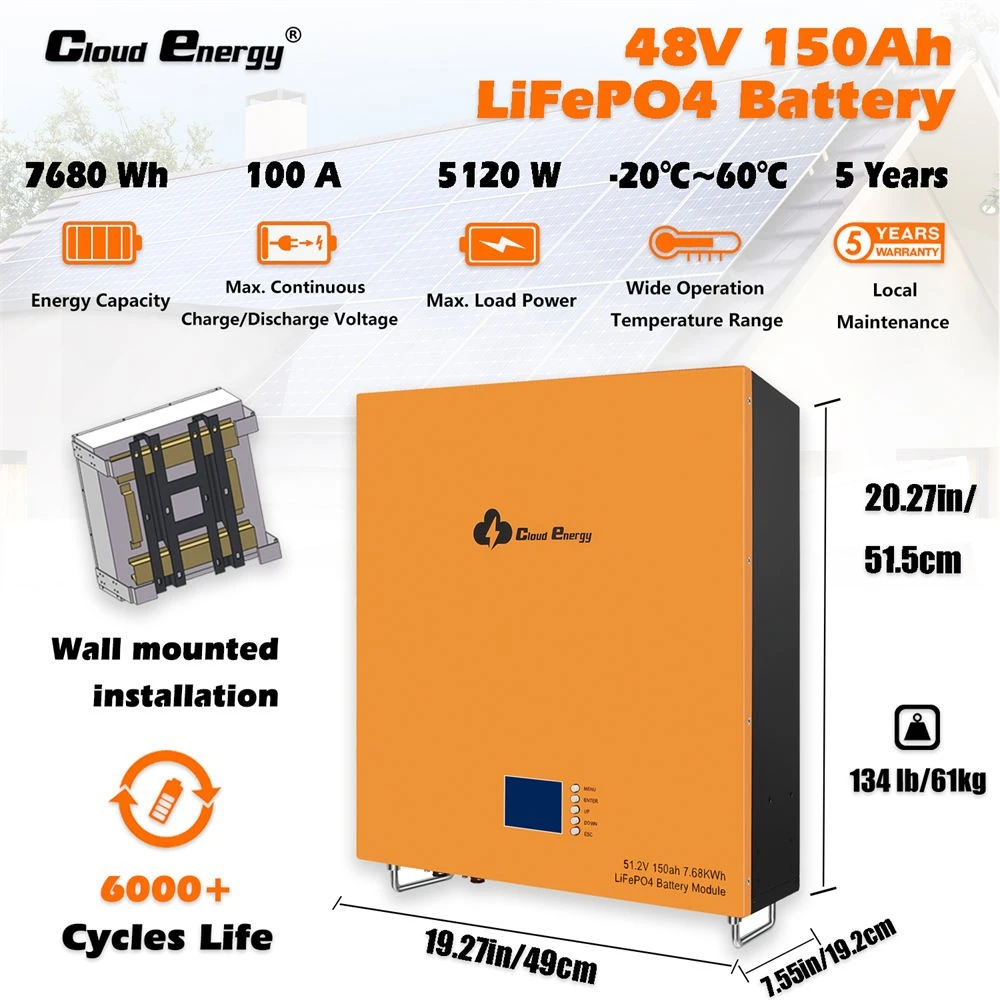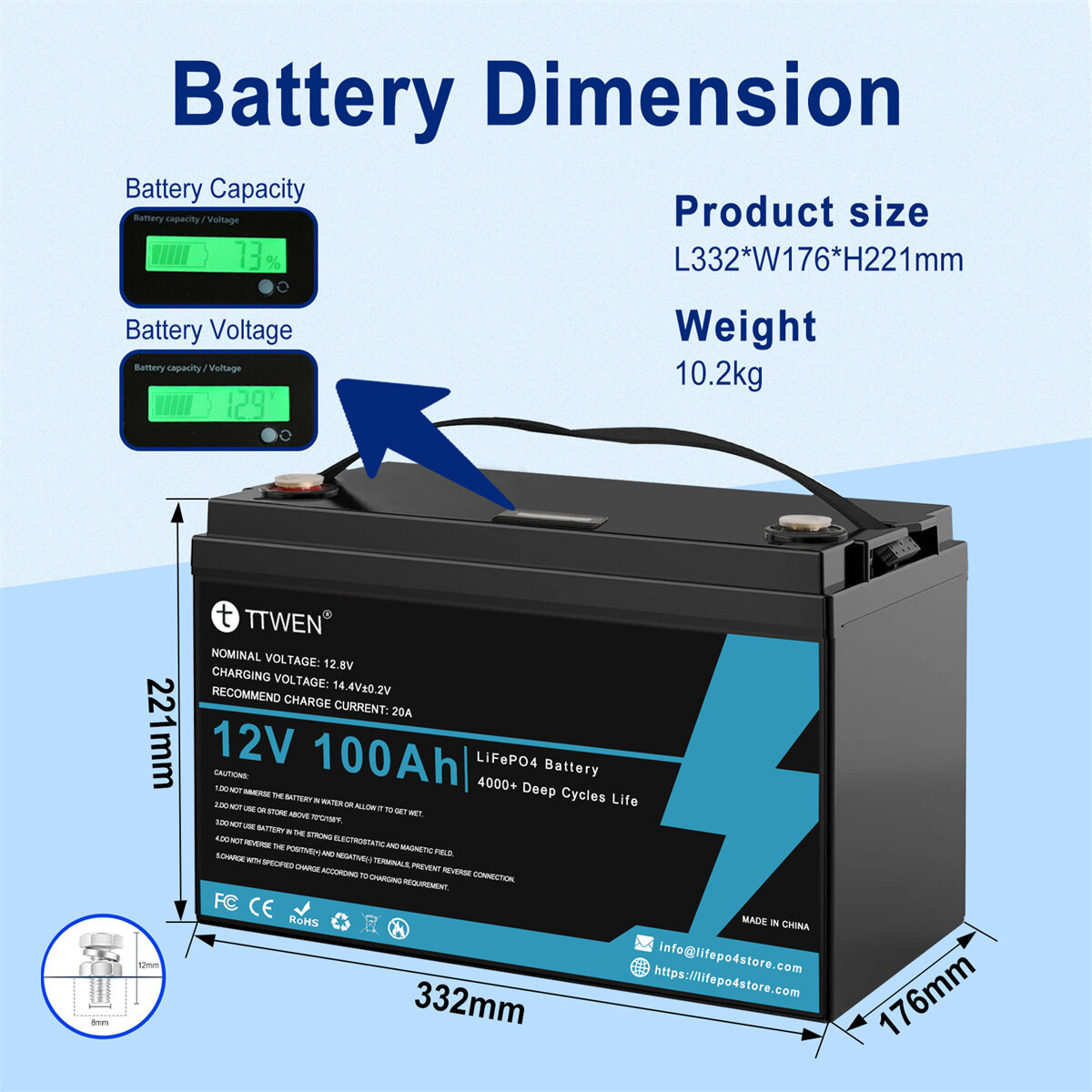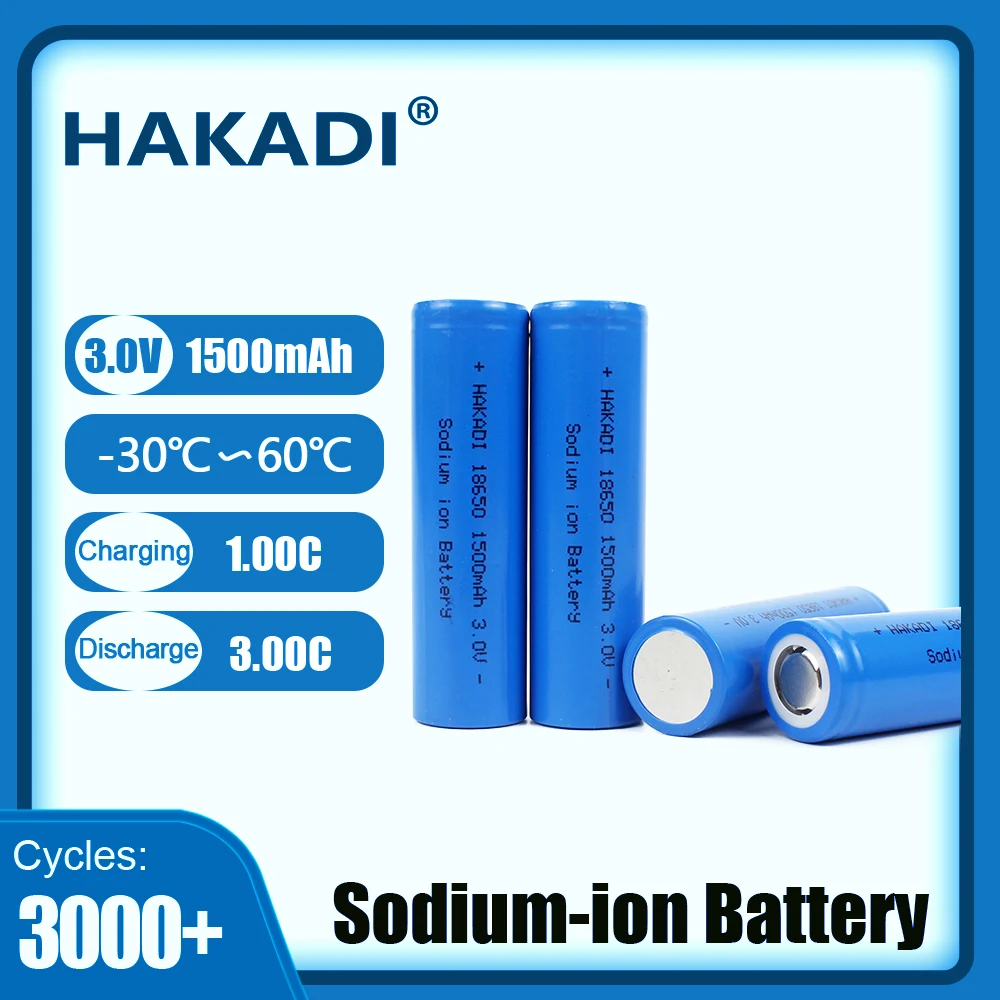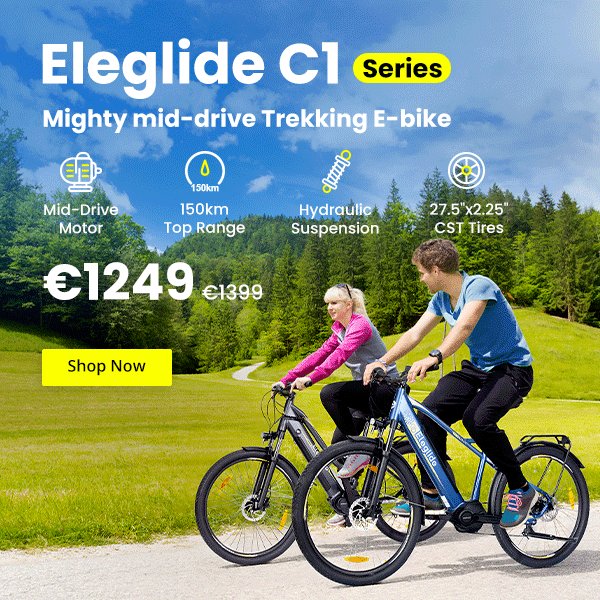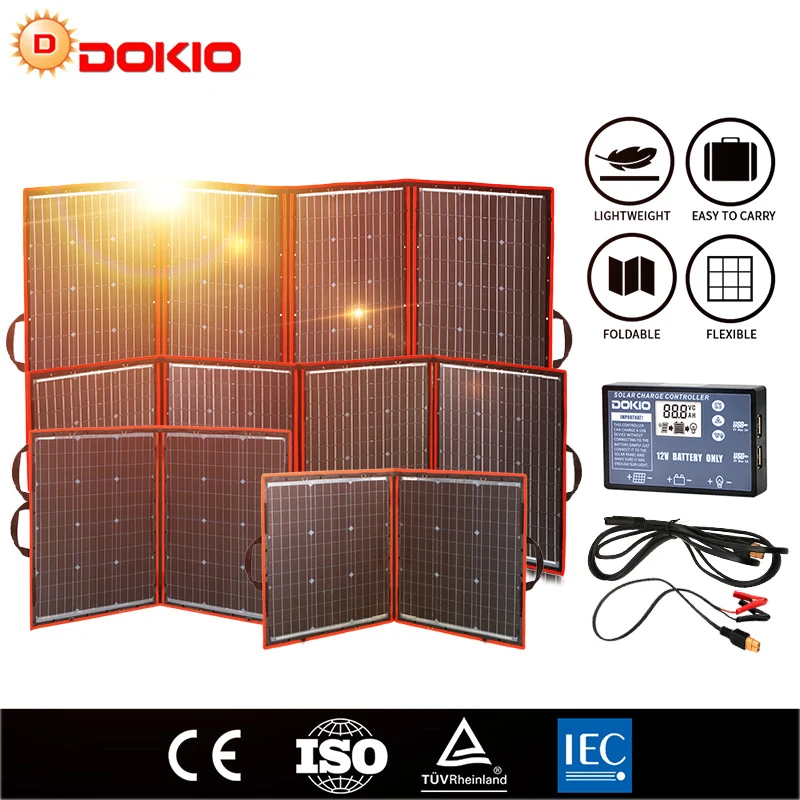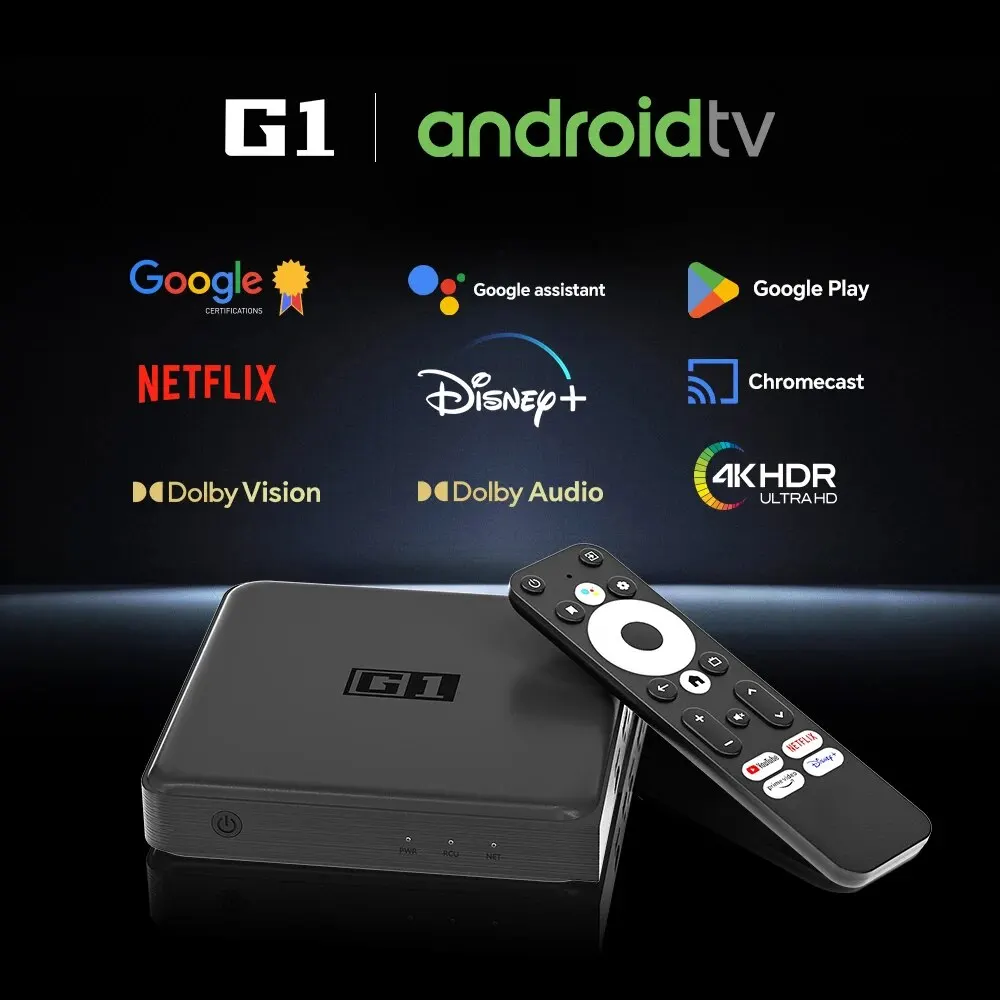Less than 2 years ago, LION Smart showed us a BMW i3 with a 55 kWh battery, now it gets upgraded to 100 kWh with 700 km of range.
Made with a total of 8.064 cylindrical battery cells (18650 format) the battery pack has a maximum voltage of 400 V and a capacity of 101 kWh (see the video). At the pack level the battery has a very impressive volumetric energy density of 460 Wh/L and a gravimetric energy density of 230 Wh/kg, this is very similar to what the Nissan Leaf 40 kWh battery achieves at the cell level.
While I’m not a fan of cylindrical cells for EV batteries - I prefer the simplicity made possible with fewer pouch or prismatic cells - , nowadays, battery cell makers such as LG Chem, Sanyo/Panasonic and Samsung SDI produce very similar cylindrical cells in the 18650 standard with a capacity of 3.500 mAh. This means that a battery pack assembler hasn’t to rely on a single battery cell supplier to produce identical battery packs. Unfortunately, prismatic and pouch battery cells haven’t reach this advanced stage of standardization yet - required for the mass production of electric vehicles.
Anyway, don’t expect to see this kind of battery capacity in a BMW i3 anytime soon. This is just a proof of concept to show what’s possible with current battery technology.
The battery packs in the BMW i3 are made with Samsung SDI prismatic battery cells and will have their capacity improved from 94 to 120 Ah during this year. This means an upgrade from 33,4 kWh (96 x 3,7 V x 94 Ah) to 42,6 kWh (96 x 3,7 V x 120 Ah), nothing like 101 kWh…
Later on, I expect CATL to replace Samsung SDI as BMW’s main battery cell supplier.
As a final remark, I have to say that find strange that LION Smart chose the BMW i3 to show off its battery technology. Who needs a 100 kWh battery in a small electric city car?! Wouldn’t it be better to unveil a high-capacity battery with TMS for the Nissan Leaf?! It would definitely get a lot more attention.
More info:























